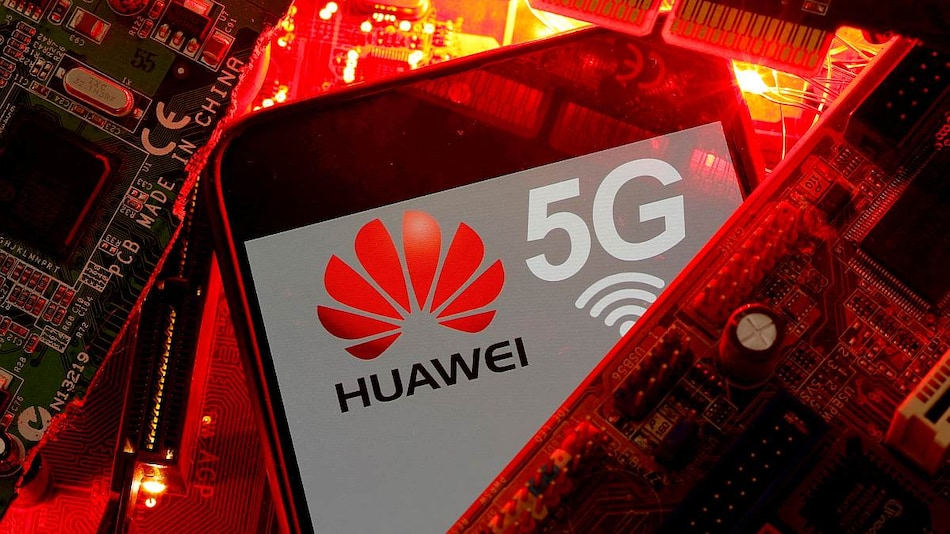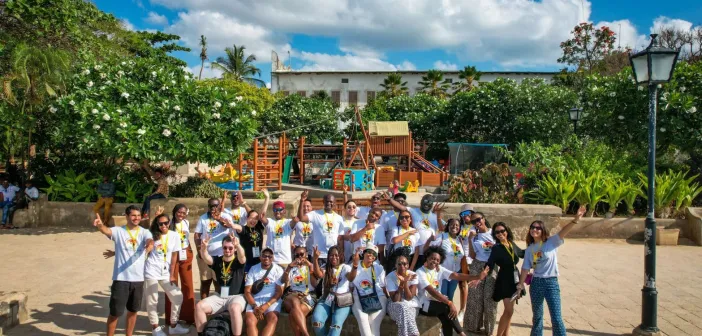South African Authorities Take Huawei to Court Over Hiring Mostly Foreign Workers

South Africa has asked a court to fine Huawei Technologies’ local unit for violating hiring rules and to order the company to change its practices, the labor department announced on Friday.
According to the department, approximately 90 percent of the company’s employees were foreign nationals, in violation of “employment equity” regulations that impose a 40 percent limit, citing a 2020 audit.
For the alleged rule violations, the department said it had filed court papers seeking a fine of ZAR 1.5 million or 2% of the local firm’s annual 2020 turnover.
“We are asking the court to issue an order requiring them to implement an employment equity plan that will redress the status quo,” labour department advocate Fikiswa Mncanca-Bede told Reuters by phone.
Huawei South Africa stated in a brief statement that it is “committed to continuing to collaborate with the Department on our equity plan Huawei is dedicated to adhering to local laws and regulations.”
According to the department, Huawei was granted a permit in accordance with Immigration Regulations provisions requiring it to employ 60% South Africans and 40% foreign nationals.
Huawei, on the other hand, claimed to be employing far more foreign workers than that figure and intends to do so in the future.
“The Department has determined that its cause of action is clear, and that all transgressions have occurred,” it stated.
This is the first time the South African government has filed a legal challenge against the Chinese tech giant, which is facing US sanctions over allegations that its equipment could be used for espionage by the Chinese government.
Huawei and Beijing have denied the allegations on numerous occasions.
The labor department, on the other hand, has taken action against a smaller Chinese firm over allegations of poor working conditions and human trafficking at its Johannesburg factory. That case is still pending in court.
Huawei is one of the major information and communications technology players in South Africa, selling a wide range of products from mobile phones, smart devices, television sets and telecom equipment to solutions in cloud computing and data storage.
It has not publicly stated the number of people it employs in South Africa.






